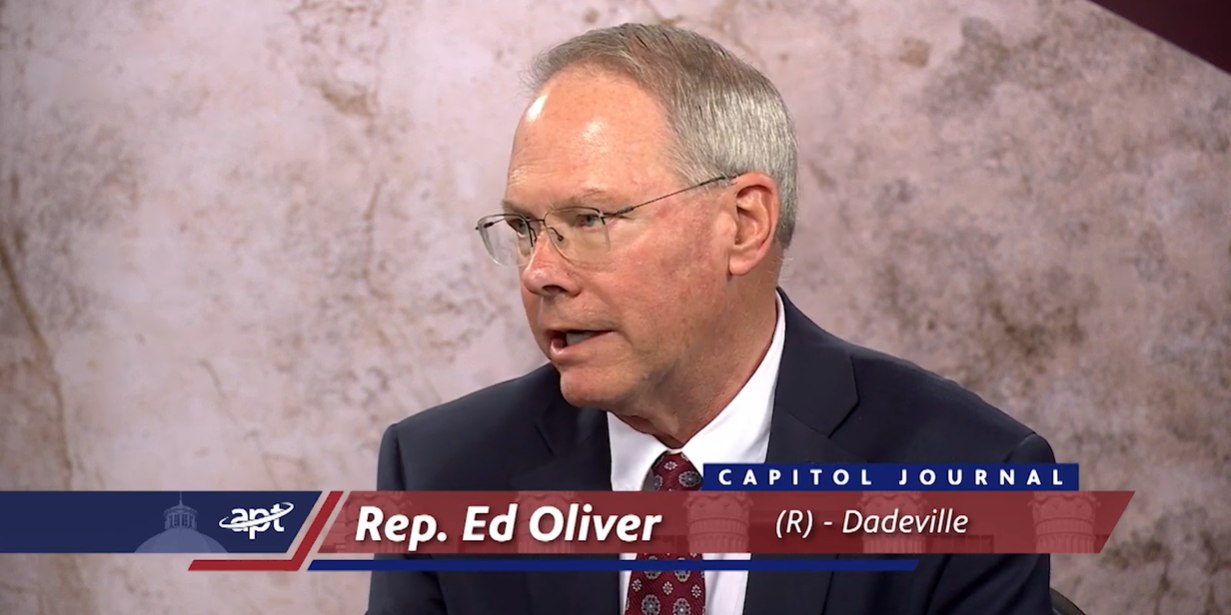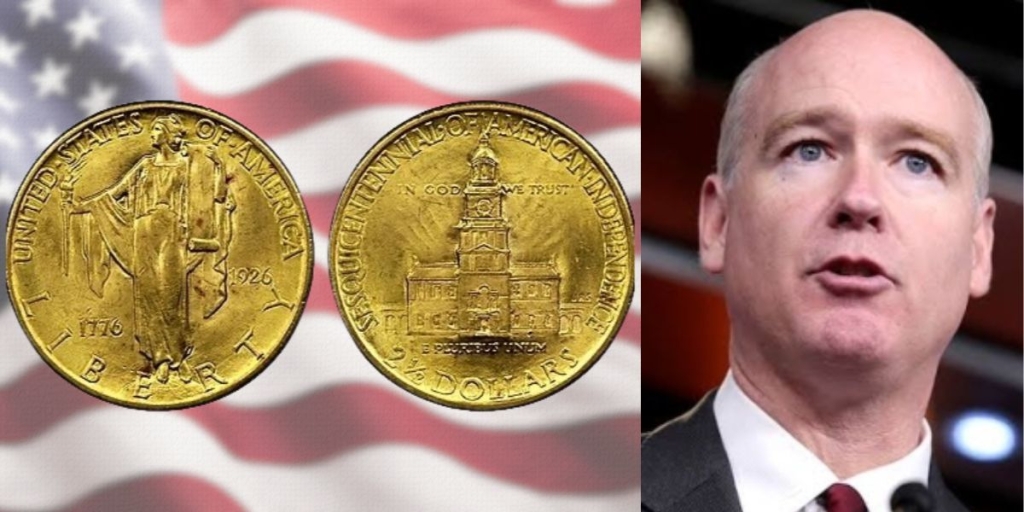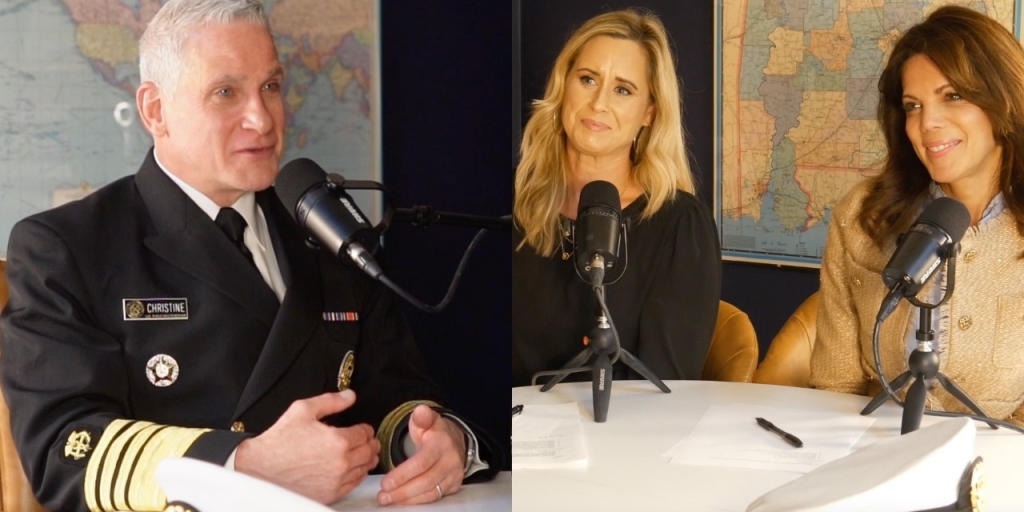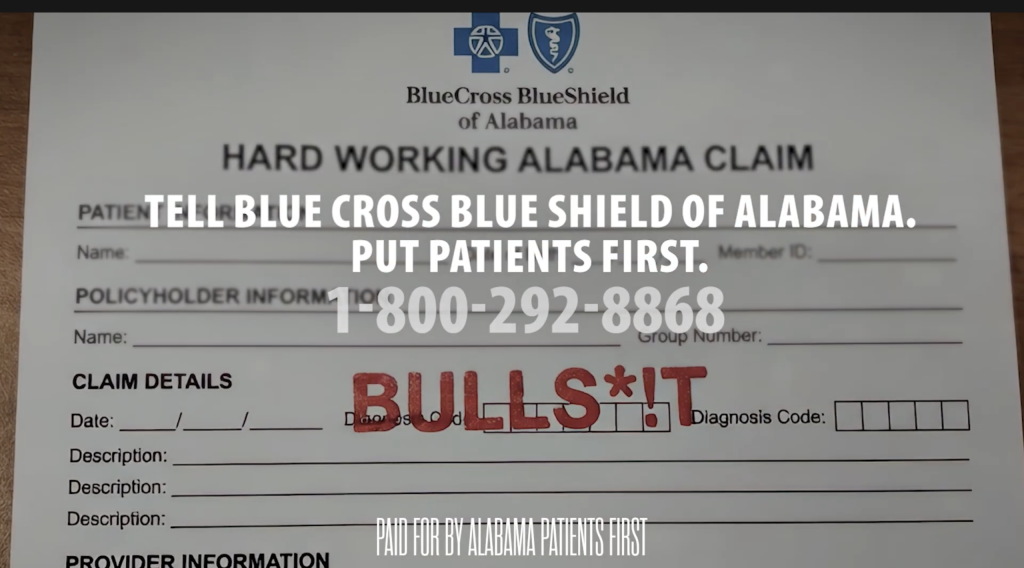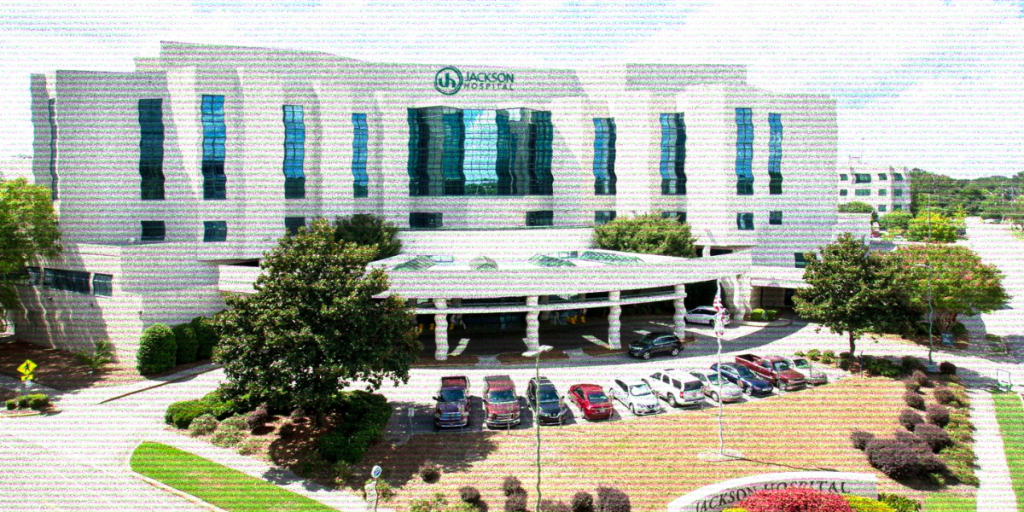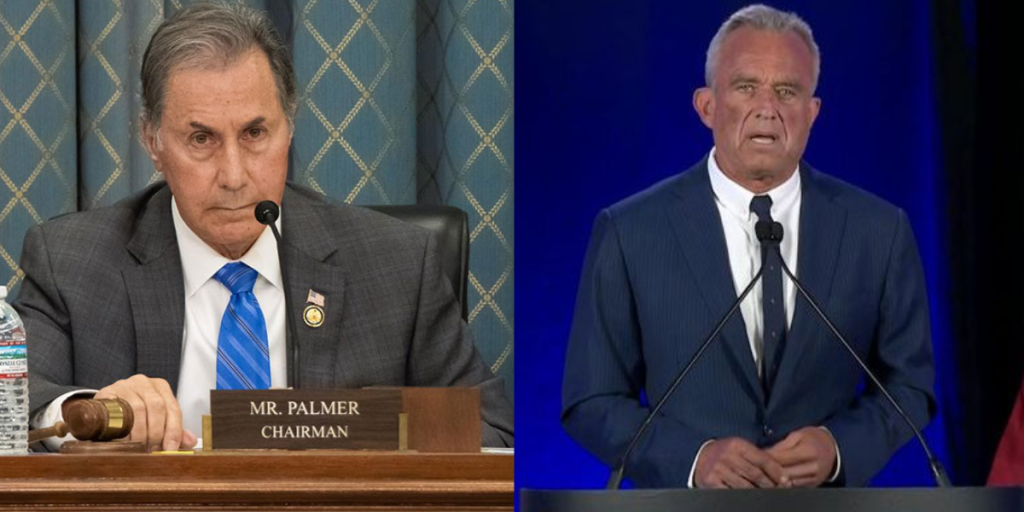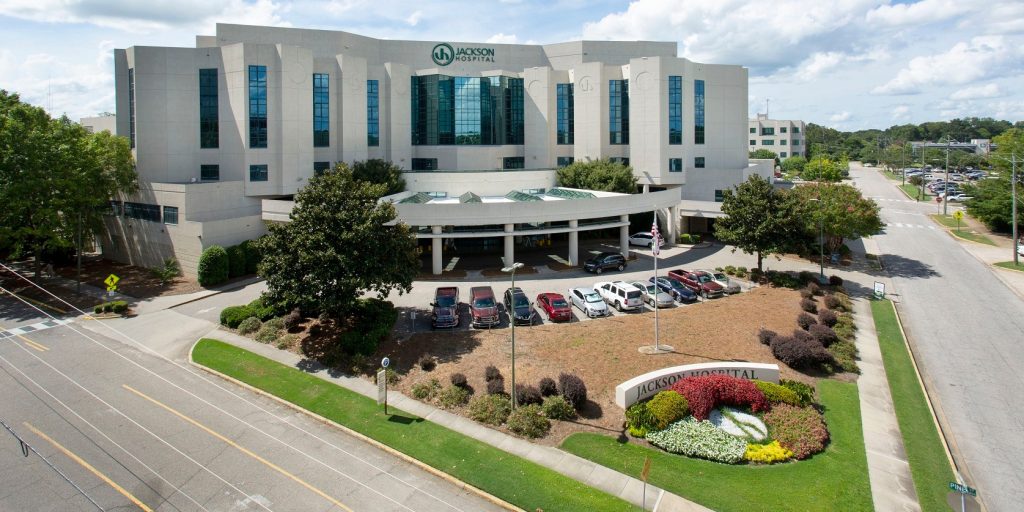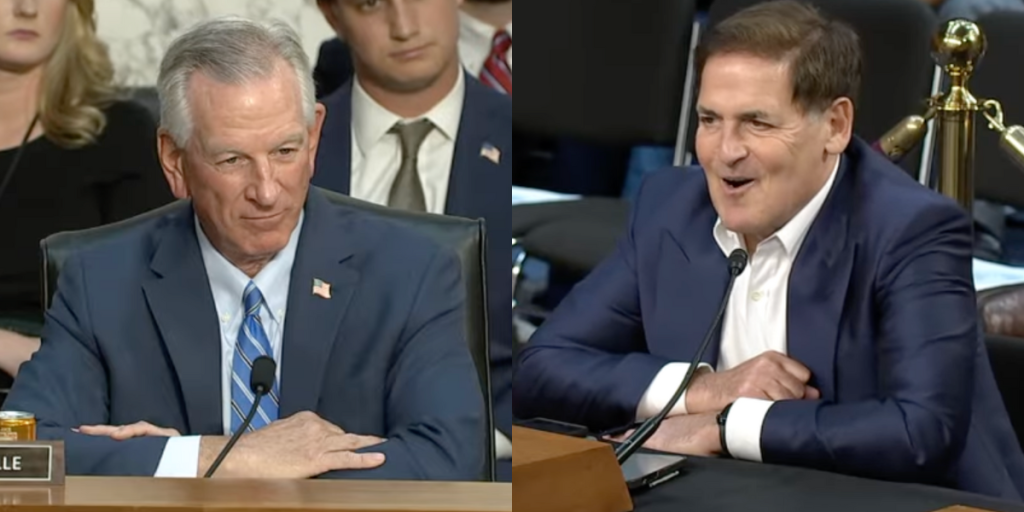State Rep. Ed Oliver (R-Dadeville) is pushing for new legislation that will help people have more healthcare options in the rural areas of Alabama.
Oliver wants to increase the rural physician tax credit in Alabama from $5,000 per year to $10,000, while also amending the language relating to eligibility for the tax credit.
“We have an existing piece of legislation that’s designed to recruit and retain physicians in rural areas. And what we’re going to do is update it a little bit to compensate for inflation, Oliver said on Alabama Public Television’s “Capitol Journal” Friday. “We have a 1993 law that was intended to make the rural areas of Alabama a little more competitive for physicians. And face it, 1993 is a long time ago, so we’re going to increase the amount of the tax credit, and we’re going to redefine the or actually define the areas where it will fit.”
The lawmaker explained other changes he wants to make to the current law.
“Under the current law, the existing credit is available to the licensed resident physician who practice in a particular area and are assigned in a smaller rural Alabama community. Well, nobody defined that in the previous legislation,” he argued. “So we’re saying that it’s supposed to be with less than 25,000 residents, and you have to have admission privileges to a smaller rural hospital well as hospitals close, that makes no sense, because you’re just encouraging those physicians to move out of those areas. So that’s something we really wanted to change.”
RELATED: Alabama addressing doctor shortage with launch of physician training program
Oliver also explained why it’s essential to help expand healthcare options in these rural communities.
“That’s one of the pillars of your infrastructure, is what you have to offer for medicine,” he said. “If you don’t have a hospital, if you don’t have all of the things that come with services with a hospital, then that is a handicap. The farther you have to drive, the more difficult it is. I live on Lake Martin, and as of COVID, the median house on Lake Martin is 1.4 million. But it’s still hard to get people to commit to living there if they are older and have health challenges because of the distance to definitive health care, especially if there’s an emergency.”
Oliver said the Legislature can’t wait any longer to solve this crisis.
“I think health care in the state of Alabama is in trouble,” he said. “I think that if we could see a very rapid deterioration of what we have to offer in terms of health care if we don’t figure out a way to wrestle it. Now, I think the longer we wait to do something, the more difficult it becomes.”
Yaffee is a contributing writer to Yellowhammer News and hosts “The Yaffee Program” weekdays 9-11 a.m. on WVNN. You can follow him on Twitter @Yaffee




